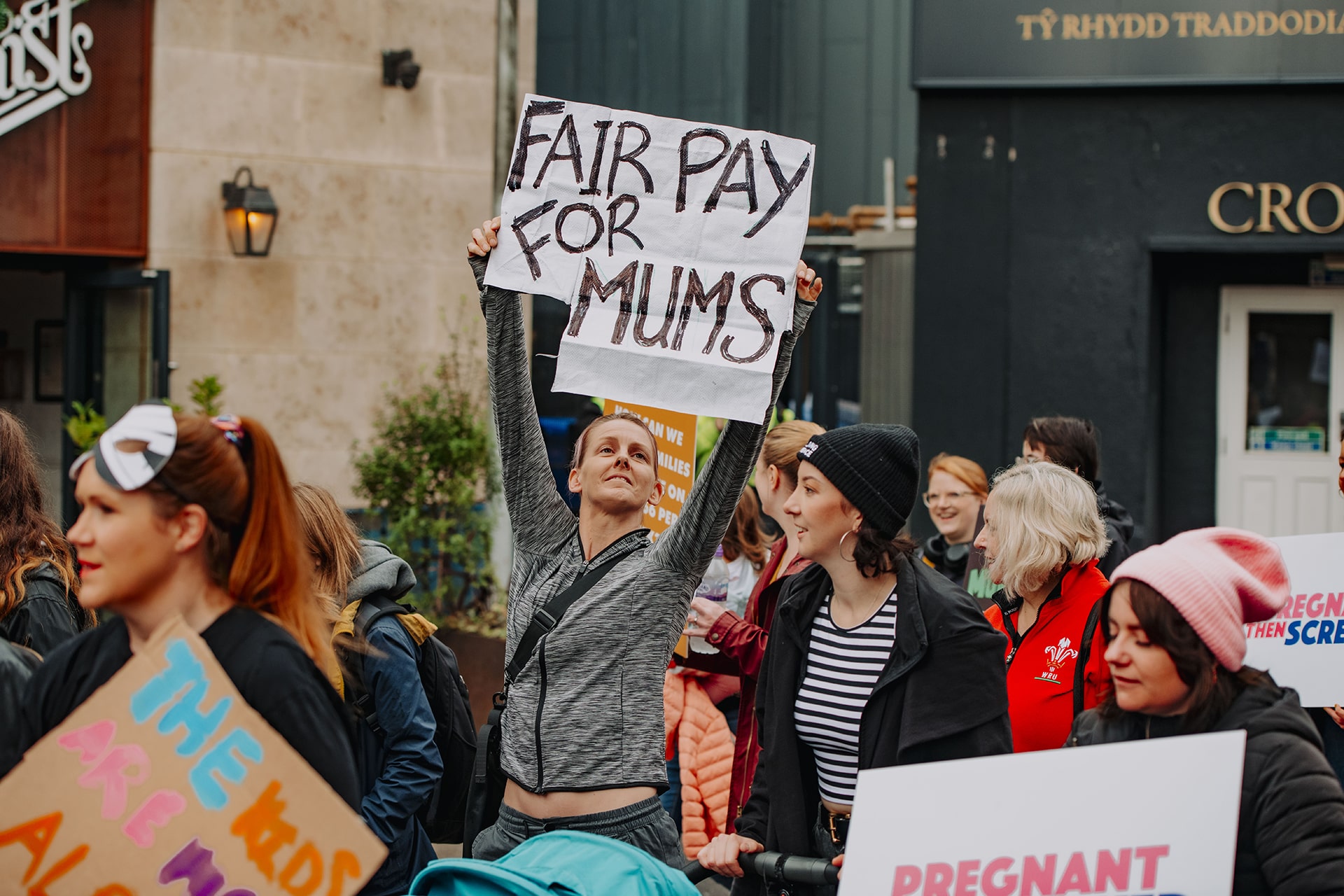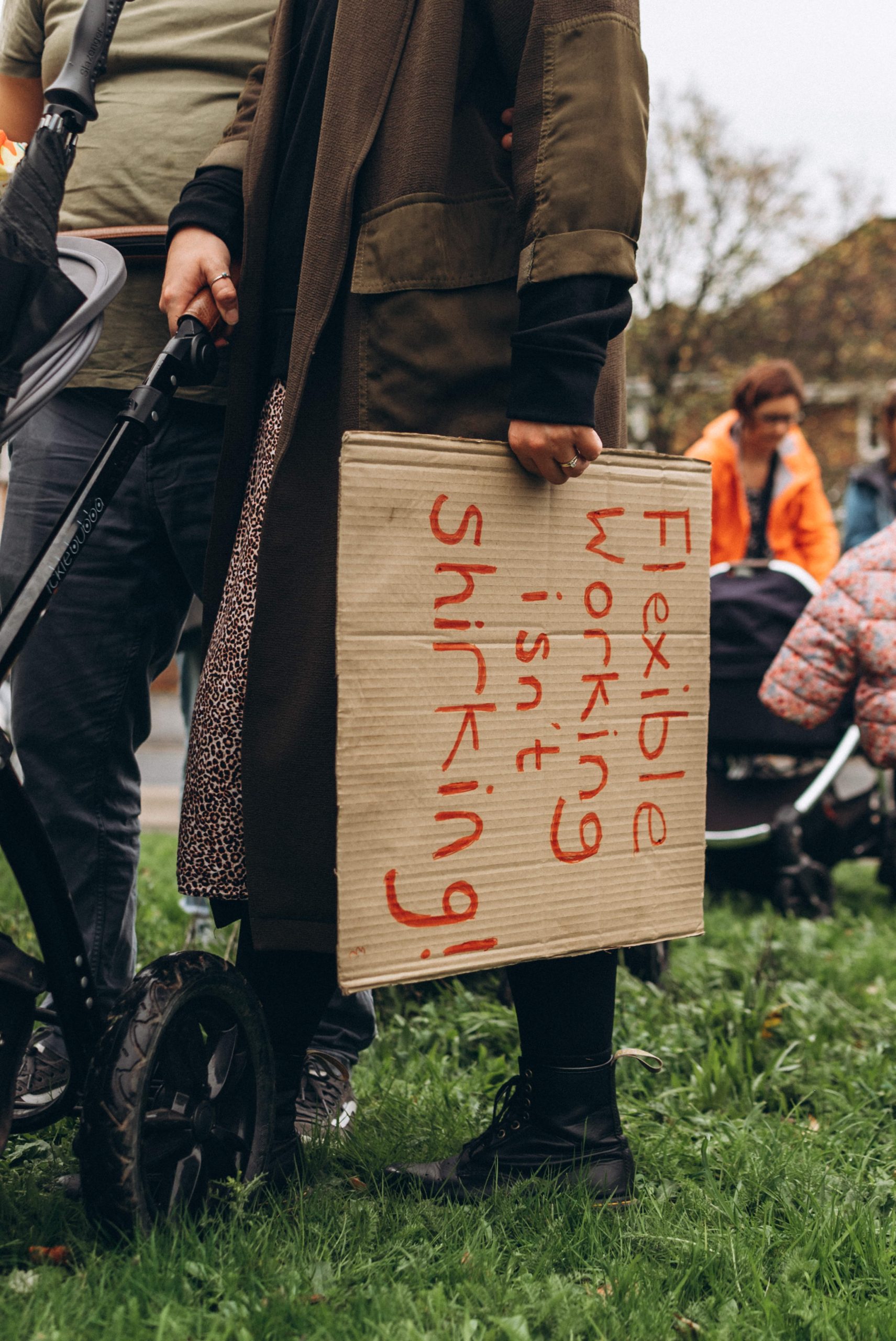This fact sheet gives you FACTS and TIPS on your rights if you are pregnant and self-employed. The below information is correct as of January 1st 2025 and was kindly drafted by The Chester Community Law Project from The University of Chester’s School of Law and Social Justice Department for Pregnant Then Screwed.
FACT: If you are self-employed, you are not entitled to statutory maternity leave – but you can still have time off with your baby.
TIPS:
– Statutory maternity leave (up to 52 weeks off work provided by law) is not available to those who are self-employed.
– However, you can still decide to take time away from work to spend time with your baby.
– You may claim Maternity Allowance (see below) to enable you to be paid for some of the period you are off work after you have your baby.
– It is up to you when you decide you want to start your maternity leave. You can put the date you intend to stop working on your MA1 form.
– Your maternity leave will automatically begin if you give birth before the date you intend to stop working.
FACT: If you are self-employed, you cannot claim Statutory Maternity Pay, but you may qualify for Maternity Allowance
TIPS:
– If you are registered self-employed, pay class 2 national insurance contributions OR hold a small earnings exemption certificate, you are likely to qualifying for Maternity Allowance.
– You must have been self-employed for at least 26 weeks of the 66 weeks before your baby is due (known as your ‘test period’) to qualify for Maternity Allowance.
– If you are not sure whether you are self-employed, you can find more information here: www.gov.uk/working-for-yourself
– You should register your claim for Maternity Allowance before you are 26 weeks pregnant. To do this you should fill out an MA1 form which can be found here – https://www.gov.uk/government/publications/maternity-allowance-claim-form
– If you are unsure whether you qualify for Maternity Allowance, we recommend completing an application and the Department for Work & Pensions will work out your eligibility and let you know.
FACT: Your earnings for working out Maternity Allowance payments will be capped at a figure set by the government.
TIPS:
– The rate is calculated according to how many weeks of National Insurance contribution payments you have made in the run up to your baby’s arrival.
– You can work out what you are entitled to here: https://www.gov.uk/maternity-allowance/what-youll-get
– You do not need to prove your earnings as the Department for Work and Pensions will check your national insurance contribution record
FACT: Both you, and the person or organisation your business is doing work for, should carry out an assessment of the risks to your health and safety and that of your baby.
TIPS:
Please see our health and safety advice guide for further information about risk assessments.
With special thanks to




